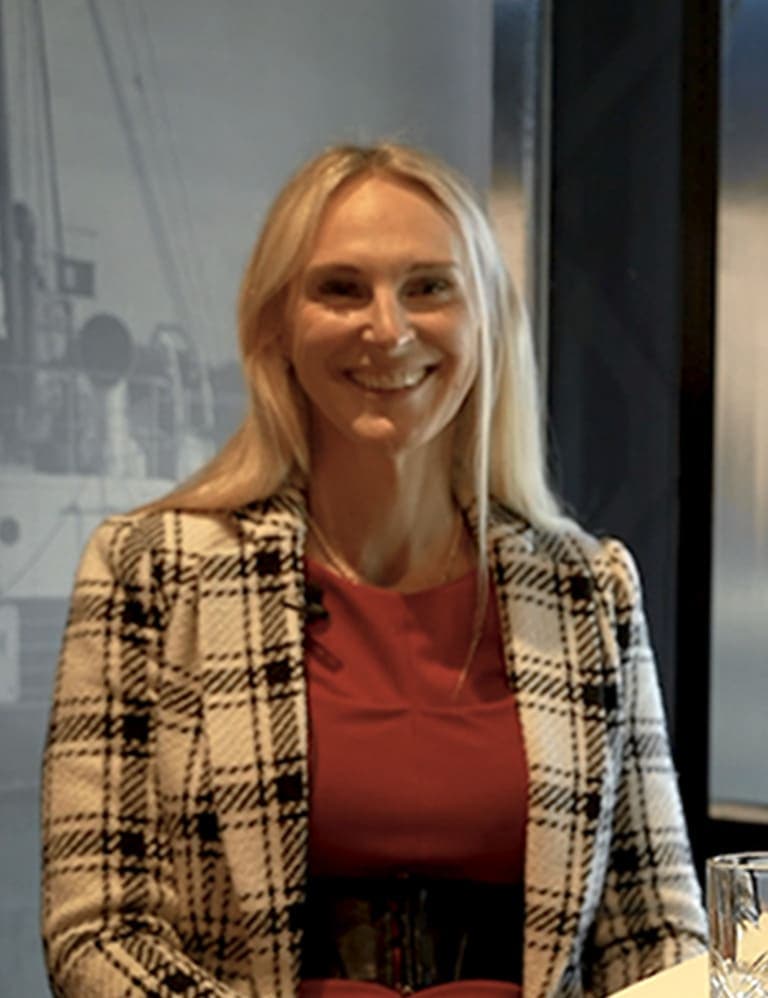Marketing has changed
The responsibilities of today’s marketing team have evolved. Marketing professionals now need to have a blend of both analytical and technical skills to leverage the efficiencies of MarTech. Where gut instinct once drove marketing decisions, we now rely on data and technology to drive insights and accuracy.
This presents an interesting challenge for experienced marketers who cut their teeth in a universe of traditional marketing. We recently had breakfast with a group of innovative CMOs to ask how they are preparing their teams (and themselves) for the days ahead. Here are our top four take-outs.
Modern marketing teams understand the need for analytical transparency
Data analytics is now part of the marketing mainstream and accountability is at an all-time high. For marketing leaders, this visibility provides impetus for keeping teams lean and efficient. The CMO at a global multinational manufacturing corporation shared with us the approach they are taking towards a global unification of their pipeline, including improving Sales and Marketing Alignment across international borders.
To ensure the transition would be systematic and controlled, they enforced best-in-class platforms and processes, cutting no corners. A key outcome has been the ability to map key junctures where data needs to be collected and adjust their strategies accordingly, as well as identify hidden bottlenecks – both feats they were unable to complete with disconnected data silos.
Related article: Four steps to optimising B2B data analyticsModern marketing teams understand agile ways of working
Agile working methods provide benefits such as improved adaptiveness but have traditionally been more associated with IT projects. The marketing team at a large Australian telecommunications company recently adopted an agile approach to all its marketing functions. The CMO told us it has been imperative to select the right tools to govern the process. These ranged from ideologies and management processes, such as Kanban, as well as communication platforms for regular virtual meetings.
Modern marketing teams are aligned in structure with the buying process
Marketing qualified leads (MQL) are increasingly important, as the power dynamic in B2B buying changes to favour customers. The typical buyer journey encompasses between eight and 12 touchpoints and, for the bulk of these, buyers have research available at their fingertips. This impacts the role of the Sales team, as well as strategies around the sales and marketing funnel, as buyers now come later in the process and are more well informed.
A global print and digital imaging brand says its marketing team was restructured to manage each phase of this Sales and Marketing funnel. This means ensuring that the right team member is now responsible for providing the right message to a prospect at the right time and is aligned to the appropriate stage of the journey.
Related article: How Customer Journey Maps can drive B2B valueModern marketing teams need to be constantly upskilling
Modern marketing teams need to constantly learn and evolve. Understanding data, the ‘right’ data, for insight-driven decision making can change how marketing teams bring value to the bottom line. Prioritising alignment, lead generation, and customer experience sound simple on paper, however, implementation takes careful consideration and substantial vision.
On occasion, early adoption is not the best answer. Stakeholders (especially traditionalists) need cautious hand-holding into the modern era of marketing. On the other hand, there are numerous leaders, including the ones we spoke with, who have taken the leap and are reaping the rewards.
Ready to bring your marketing into the present? Get in touch with us today to find out how we can help!.png)
 Strategy
Strategy






